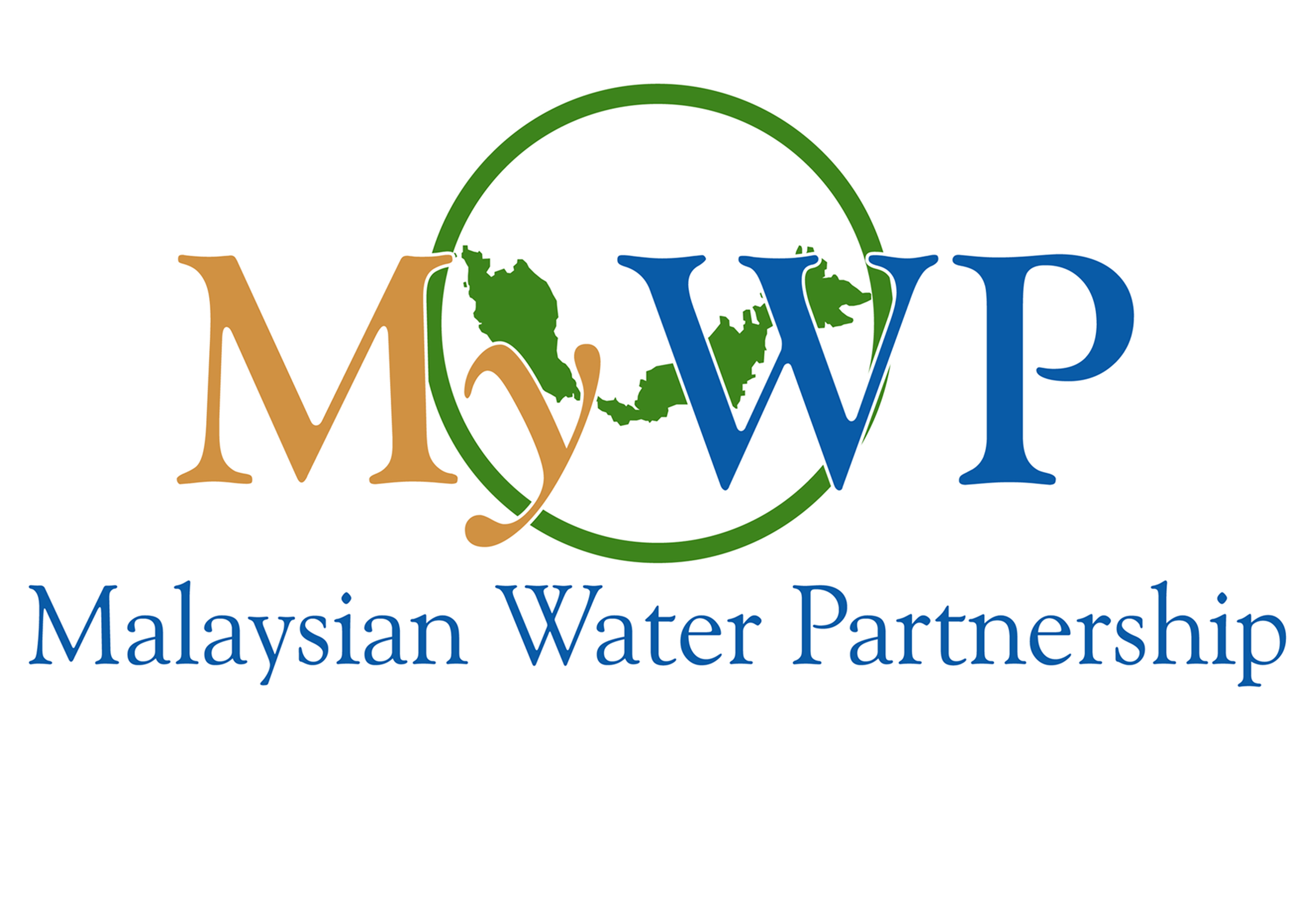MyWP Strategic Plan
MyWP STRATEGIC PLAN 2012-2015
VISION
The Malaysian Water Partnership’s vision is for a water secure Malaysia.
MISSION
The Malaysian Water Partnership’s mission is to support the sustainable development and management of water resources at all levels.
GOAL 1:
Promote water as a key part of sustainable national development.
This goal focuses on improving water resources management, putting IWRM into practice to help Malaysia towards growth and water security emphasising an integrated approach, good governance, appropriate infrastructure and sustainable financing.
Outcome
Non-government actors, including MyWP, civil society and external support agencies, work together to build local capacities and help the government implement its policies and plans.
Strategy to reach Goal 1
Improving support for water management through national processes:
MyWP will facilitate multi-stakeholder participation and dialogue for implementing policies and plans.
Improving governance systems:
MyWP will assist government agencies to develop legal and regulatory frameworks, to become accountable and to allocate resources. (eg. Legal framework for IFM for JPS MALAYSIA, erosion and sedimentation control for DOE MALAYSIA, effective
implementation of Land Conservation Act in all States that have enacted it in 1960)
Improving water infrastructure:
MyWP will identify entry points and support multi-stakeholder dialogues to investigate cost-effective and appropriate infrastructure options for remote areas (e.g. Sabah, Sarawak and indigenous areas in the highlands and islands far from urban areas) Monitoring progress on IWRM: MyWP will help develop and put into practice a robust set of indicators for monitoring
and reporting on the progress and benefits of implementing the IWRM approach at various scales.
GOAL 2:
Address critical development challenges.
This goal focuses on contributing to and advocating solutions for critical challenges to water security, such as climate change, growing urbanisation, food production, increasing water pollution, resource related conflict and other challenges as they emerge.
Outcome
National and regional policy makers, civic organizations, water managers and international development agencies address critical development challenges, particularly food security, urbanization and conflict resolution.
Strategy to reach Goal 2
Adapting to climate change:
MyWP will promote better water management, ‘climate-proofing’ infrastructure and adaptation as the best ways to reduce the impact of climate change while maintaining socioeconomic development.
Achieving food security:
MyWP will work with the Consultative Group on International Agricultural Research (CGIAR) system, particularly with the International Water Management Institute (IWMI) to facilitate adoption of the recommendations emerging from the Comprehensive Assessment of Water Management in Agriculture and the Challenge Programme on Water and Food.
Tackling urbanisation:
MyWP will promote awareness and policies that reduce the adverse impact of urbanization on water resources (e.g. excessive use of plastic bags, household waste reduction, sanitary landfills etc.)
Resolving conflicts:
MyWP will support dialogues that emphasise negotiation and compromise and that allow stakeholders to think through and make choices that result in optimal benefits for all. MyWP will work with others, such as UNDP, UNESCO Centre for Water Law, Policy
& Science and regional organisations, to better understand conflicts related to water and to develop objective and realistic conflict resolution scenarios to assist policy makers in making decisions. (e.g. potable water pricing, water saving incentives to
industry, charging costs for irrigation water supply etc.)
GOAL 3:
Reinforce knowledge sharing and communications.
This goal focuses on developing the capacity to share knowledge and to promote a dynamic communications culture, so as to support better water management
Outcome
Stakeholders, including governments, finance and planning ministries, NGOs, the private sector and the young, have better access to relevant and practical knowledge, and more capacity to share that knowledge.
Strategy to reach Goal 3
Communications capacity:
MyWP will build and embed communications capacity throughout the network. MyWP will encourage every Partner of the network to be a communicator to multiply the network’s visibility and effectiveness.
Outreach:
MyWP will help people realise that sharing information between departments, regions and cooperating Partners strengthens the network and augments its contribution to the wider world
Knowledge sharing:
MyWP will develop products, services and platforms that make communication easier. MyWP will link the Technical Committee more closely to other GWP knowledge streams (such as the ToolBox, and Country and Regional Partnerships) and to cooperating
Partners, including youth and education groups.
Strategic messages:
MyWP will step up efforts to identify and develop policy responses to critical development threats that affect or are affected by, water resources management
GOAL 4:
Build a more effective network.
This goal focuses on enhancing the network’s resilience and effectiveness through stronger partnerships, good governance, measuring performance to help learning and financial sustainability.
Outcome
MyWP fully incorporate an Outcome Mapping approach as a way to plan, monitor and evaluate the success of annual work plans.
Strategy to reach Goal 4
Partnership and alliance building:
MyWP will continue to expand its partnership base, focusing on non-water stakeholders, while improving the administrative arrangements that govern existing relationships.
Performance measurement:
MyWP has adopted Outcome Mapping as a tool to monitor and report results, and measure performance.
Financial sustainability:
MyWP will continue to provide a demand-led quality service that responds to regional and country priorities as well as those of the donor community.
Reducing MyWP’s ecological footprint:
MyWP will take measures to reduce travel, use modern communications technology (such as video conferencing, virtual meetings and ‘webinars’) and reduce meetings, wherever possible, to lower costs and minimise the Partnership’s ecological footprint.
